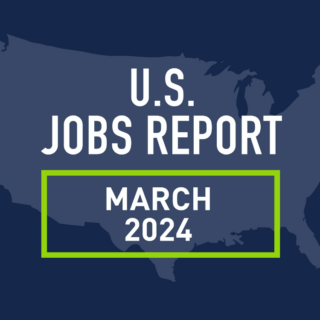Oregon is the first state to pass a predictive scheduling law, which requires employers in some industries to give employees a set work schedule a week in advance. On July 1, 2020, that period will increase to two weeks.
Advocates say these laws, sometimes called “fair workweek” laws, are intended to provide employees with increased income consistency and scheduling predictability so they can more easily plan for childcare and other commitments. Employers lose some flexibility in how they schedule employees.
Here’s an overview of Oregon’s law:
- Applies to retail, food service and hospitality companies with more than 500 employees nationwide
- Specifically exempts workers provided by a worker leasing company
- Requires employers to post schedules one week in advance, and in 2020, that increases to two weeks
- Dictates several types of “predictability pay,” or additional compensation the company must provide for different types of schedule changes
- Permits employers to keep a voluntary standby list of employees who want extra hours who can be offered additional shifts outside of the schedule posting requirements without predictability pay
- Requires employers to provide a good faith estimate of the employee’s work schedule at hiring
Several cities across the country, including San Francisco, Seattle, New York City and Emeryville, California have enacted similar ordinances. However, all of the laws vary significantly in the industries and size of companies impacted, the length of advance notice required and the penalties imposed.
Most of the laws affect national retail, hospitality and food service companies with multiple branches. With the rising popularity of this type of legislation and the current patchwork of requirements, businesses in impacted industries cannot have one-size-fits-all scheduling policies. Jurisdictions in several states across the country have recently considered similar measures, so companies should be prepared for even more changes.
If you want to read more about compliance-related issues, check out our other Compliance Corner blog posts on salary history, paid sick leave and New York City’s Freelance Isn’t Free law.
Compliance Corner is a feature on the PeopleScout blog. At least once a month, we’ll be featuring a compliance issue that’s in the news or on our minds. Understanding the patchwork of labor laws across the world is complicated, but it’s part of what we do best. If you have questions on the compliance issue discussed in this post, please reach out to your PeopleScout account team or contact us at marketing@peoplescout.com.


![[On-Demand] AI in Recruiting: Hype, Ethics & Best Practices](https://www.peoplescout.com/wp-content/uploads/2024/03/ai-webinar-1-320x320.jpg)
